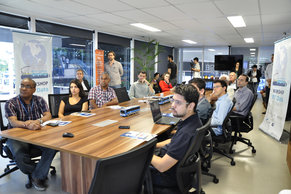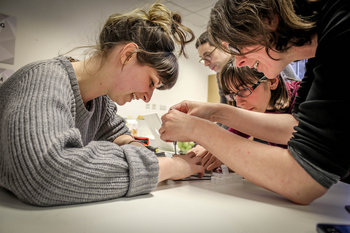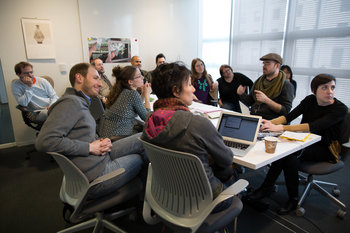
Heuristics
Approximate calculations that can be computed easily but aren’t completely accurate or reliable.
Rules of Thumb
General rules that aren’t always accurate but simplify decision making.
Pareto Analysis
Prioritization based on the idea that 20% of tasks create 80% of value.
First Principles
Foundational rules with broad explanatory power.
Delegation
Assigning work and authority to others.
Automation
Using automation to do work that you find uninteresting.
Fail Well
Experiments designed to fail quick, cheap and safe if they should fail.
Reverse Engineering
Working backwards from something that already exists.
Batches
Completing similar tasks together.
Scaling
Completing the exact same task many times in order to gain efficiency.
A/B Testing
Testing two versions of something.
Minimum Viable Product
Getting your product in front of customers before it’s perfect.
Last Responsible Moment
Waiting until a decision really needs to be made.
Sidelining
Trying to ignore political opposition instead of engaging in debate.
Throwaway Prototype
Quick and cheap prototypes of things.
Stand-ups
Very short meetings with a culture of standing instead of sitting.
Root Cause Analysis
Fixing the deepest root cause of problems.
Irrational Success
Engaging at the human level to see what people really want.
Metaphor
Simplifying the complex with an analogy.
Lean Thinking
Thinking about how things can be done well but fast and cheap.
Analysis
Breaking things into their component parts to understand them.
Reverse Brainstorming
Brainstorming how things could go wrong.
Time Compression
Taking desperate measures to complete something quickly.
Fast-tracking
Overlapping tasks with dependencies as a form of time compression.
Crashing
Allocating more people to a task to try to achieve time compression.
Task Optimization
Looking for ways to do a task faster and faster in cycles of improvement.
Cramming
Attempting to learn something quickly immediately before you need it.
Multitasking
Attempting to do many things at once.
Sprints
Periods of intensive work.
Charrettes
Putting a group in a room together until a task is completed.
Selective Listening
Listening for what you really need to know.
Fast Working
Working quickly in a totally focused and aggressively productive mode.
Satisficing
Making a quick decision that is reasonable enough without being perfect.
Pragmatism
Accepting the imperfections of the real world to get things done with a flexible approach.







































